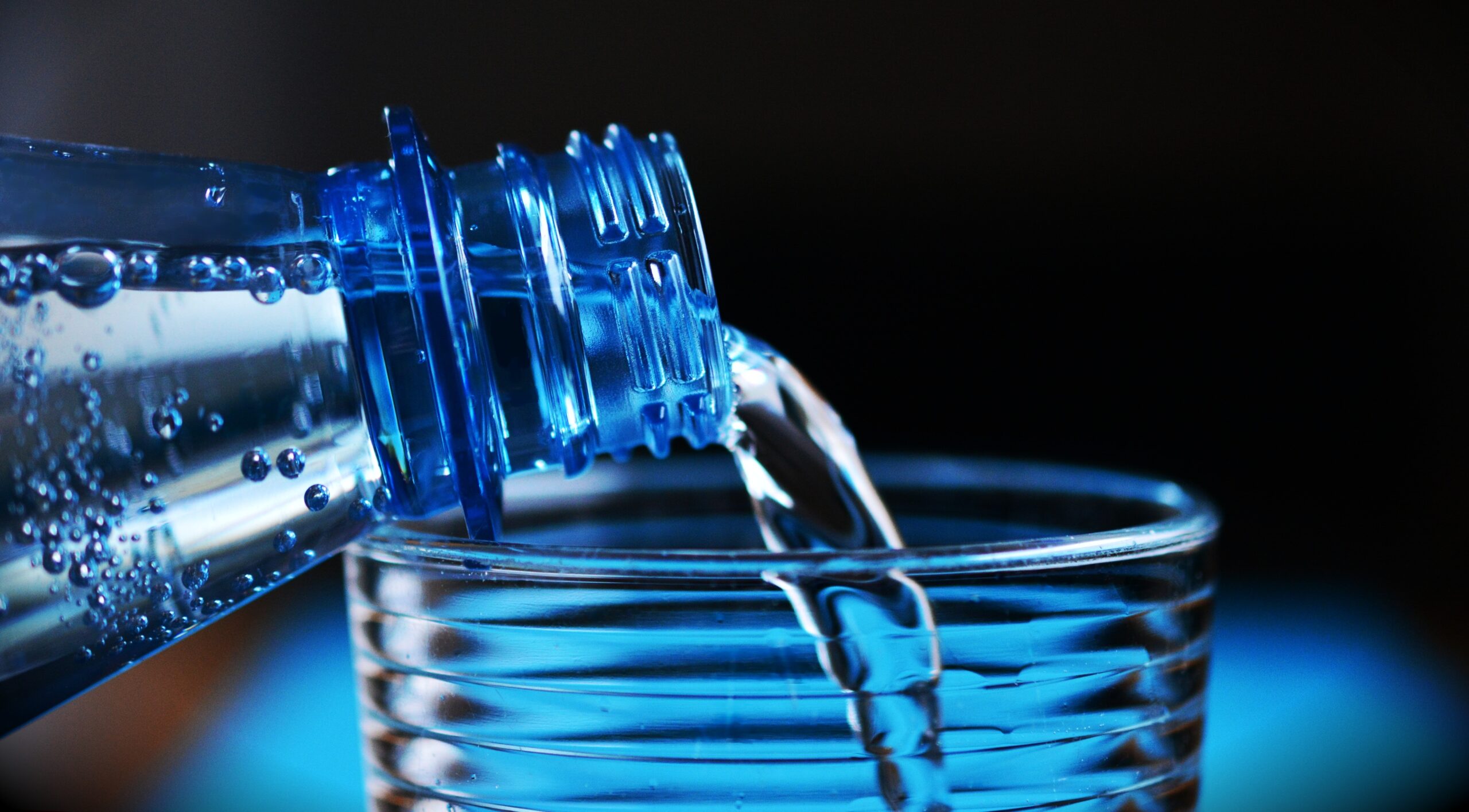Drinking warm water is a daily practice many of us engage in without giving it much thought. We enjoy it with our morning tea or coffee, or use it to soothe a sore throat, but is there more to this simple act? The benefits and risks — if any — of consuming warm water have sparked numerous discussions among health professionals, prompting a closer look at the science behind it. Understanding the physiological effects and integrating this potentially beneficial habit into daily life may be more impactful to one’s health than initially perceived.
The Science Behind Drinking Warm Water
Physiological Response to Warm Water Consumption
Drinking warm water has several physiological effects on the body. For instance, it helps in enhancing hydration by increasing your body’s ability to absorb water effectively. In contrast to cold water, which is absorbed more slowly due to its lower temperature, warm water is taken in by your body cells at a faster rate. As a result, your body remains hydrated, which is essential for all bodily functions, including maintaining blood volume, regulating body temperature, and enabling cellular processes.
Metabolism Enhancement Through Warm Water
Warm water is also beneficial in boosting your metabolism. It has been scientifically proven that warm water can increase the metabolic rate by warming up the body, which leads to increased calorie burning. Water induces thermogenesis, a metabolic process where the body burns calories to produce heat. By drinking warm water, this process can be accelerated, potentially aiding weight loss. Moreover, combining warm water with other beneficial ingredients like lemon or honey can further enhance its metabolic benefits.
Warm Water’s Role in Digestion and Detoxification
One of the key health benefits of drinking warm water is its positive impact on the digestive system. Specifically, warm water aids in breaking down food making it easier to digest and helping reduce the risk of constipation and bloating. By contrast, cold water solidifies the fats from food and slows down digestion.
In addition to aiding digestion, warm water also assists in bodily detoxification. This process involves flushing out toxins from the system, which can otherwise have harmful impacts on health. Warm water helps in better circulation and kidney function, essential components of effective detoxification. It helps in not only cleaning the internal body system but also improves skin health by releasing toxins.
Drinking Warm Water for Aphthous Stomatitis
For people dealing with recurrent aphthous stomatitis, better known as canker sores, drinking warm water can help reduce discomfort. Warm fluids generally help soothe irritation and inflammation, leading to lesser discomfort and pain.
While it’s clear that there are several health benefits associated with drinking warm water, balance and moderation are key. It is important to note that people with certain medical conditions or those seeking to utilize warm water as a treatment option should always consult their healthcare provider before making any changes to their routine or diet.

Health Benefits and Potential Risks
The Health Benefits of Consuming Warm Water
Warm water consumption offers several potential health advantages. One of its primary benefits is its role in aiding digestion. Drinking warm water can stimulate our digestive system, promote the effective breakdown of food, and facilitate smooth bowel movements, thereby reducing constipation and abdominal discomfort.
Among its other potential benefits is its contribution to weight loss efforts. Drinking warm water can spike the metabolic rate due to the increase in water temperature, leading to calorie burn. It also aids in breaking down body fat or adipose tissue, further advancing weight loss.
From a skincare standpoint, warm water may assist in toxin elimination. The heat leads to sweating, a natural detoxification process that leaves our skin looking healthier and clearer. Plus, by hydrating our skin, warm water helps maintain its softness and elasticity, effectively warding off early signs of aging like wrinkles and dark spots.
Drinking warm water can also enhance blood circulation. Its ability to expand our arteries and veins makes blood flow easier, thus potentially preventing certain cardiovascular diseases.
Finally, warm water is also recognized for its soothing effects on mental health. Drinking warm water often leads to feelings of relaxation and reduced anxiety, which is why it is a preferred natural remedy for stress management and improved sleep quality.
Understanding the Risks and Side Effects of Drinking Warm Water
Drinking warm water offers many benefits for health, but it is also prudent to acknowledge potential associated risks and side effects. The most immediate concern is the possibility of burns to the tongue, esophagus, and stomach from water heated beyond a safe temperature. This can not only result in discomfort, but also inflict long-term damage to your tissues and lead to various health complications.
It’s also critical to understand that relying solely on warm water doesn’t offset the effects of an unhealthy diet or lack of physical exercise. Warm water certainly contributes to health improvement, but its benefits could be nullified if they’re not supplemented with other healthy lifestyle practices.
Another point to consider is that during hot weather or after an intense workout, cold water might be more effective in cooling your body down, preventing overheating and subsequent dehydration. While this doesn’t suggest completely avoiding warm water during such scenarios, it’s wise to adjust the temperature according to the body’s requirements.
Additionally, individuals with specific health conditions, like achalasia, which complicates the flow of food and liquid into the stomach, might find it challenging to consume warm water. It’s always important to consider personal health conditions or discuss with a healthcare provider when making dietary changes.
Finally, water quality should not be overlooked, regardless of its temperature. The water you consume must always be clean, safe, and free from harmful contaminants. Hence, as beneficial as it is to enjoy warm water, ensuring that the water being heated is of good quality is equally significant.

How to Incorporate Drinking Warm Water Into Your Daily Routine
Exploring the Health Benefits of Drinking Warm Water
Consuming warm water is known to provide numerous health advantages, including aiding digestion, enhancing blood circulation, promoting weight loss, and alleviating pain. When warm water is ingested in the morning, it can stimulate metabolism and facilitate the body’s breakdown of food more efficiently, setting a healthy tone for the day. Moreover, a cup of warm water before bed can support digestion and restore fluids lost during the day, contributing to overall well-being.
Ideal Temperature of Warm Water
While the specific temperature of what constitutes ‘warm water’ can vary, it is generally perceived as heated water that ranges from 120 to 140 degrees Fahrenheit. It is important not to exceed this temperature to avoid uncomfortable and potentially damaging effects such as burns on the tongue and mouth.
Morning Ritual: Drinking Warm Water
Starting your day by drinking warm water, especially with a slice of lemon, can work wonders for your health. Upon waking up, having warm water can jump-start your digestive system which, in turn, improves your metabolic function. This can be beneficial for those who are seeking to lose weight by boosting metabolism early in the day.
Evening Consumption of Warm Water
In the evening, drinking warm water can also be beneficial. By drinking warm water before bed, you can aid your body in its nighttime recovery and detoxification processes. This is because warm water can aid digestion and circulation, both of which are important for recovery and overall wellness.
Replacing Cold Water with Warm Water
Try substituting your regular bottle of cold water for warm water during meal times. Drinking cold water immediately after eating can cause oils found in the ingested food to harden and result in fat deposition in the intestine. Warm water, on the other hand, can help break down these oils, making it easier for digestion.
Hydration with Warm Beverages
You can also maintain hydration by consuming warm beverages such as herbal tea. Herbal teas do not only provide hydration but also carry their own health benefits. For instance, chamomile tea aids in sleep and digestion, while green tea is known for its antioxidant properties.
Incorporating the habit of drinking warm water into your daily routine can take a little time and practice, but the health benefits offered make it a worthwhile undertaking. Regularly drinking warm water can play a crucial role in maintaining overall health and wellbeing.

Thus, the pursuit of a healthier lifestyle may challenge us to rediscover seemingly ordinary habits, like drinking warm water. While our bodies are intricate systems with diverse responses, a simple switch from cold to warm water could potentially offer various health benefits. From bolstering digestion to skin health, this practice may align seamlessly with the routines of many. However, it is crucial to consider that individual experiences and benefits may vary, underlining the importance of finding a balance that suits one’s health and wellness needs.
